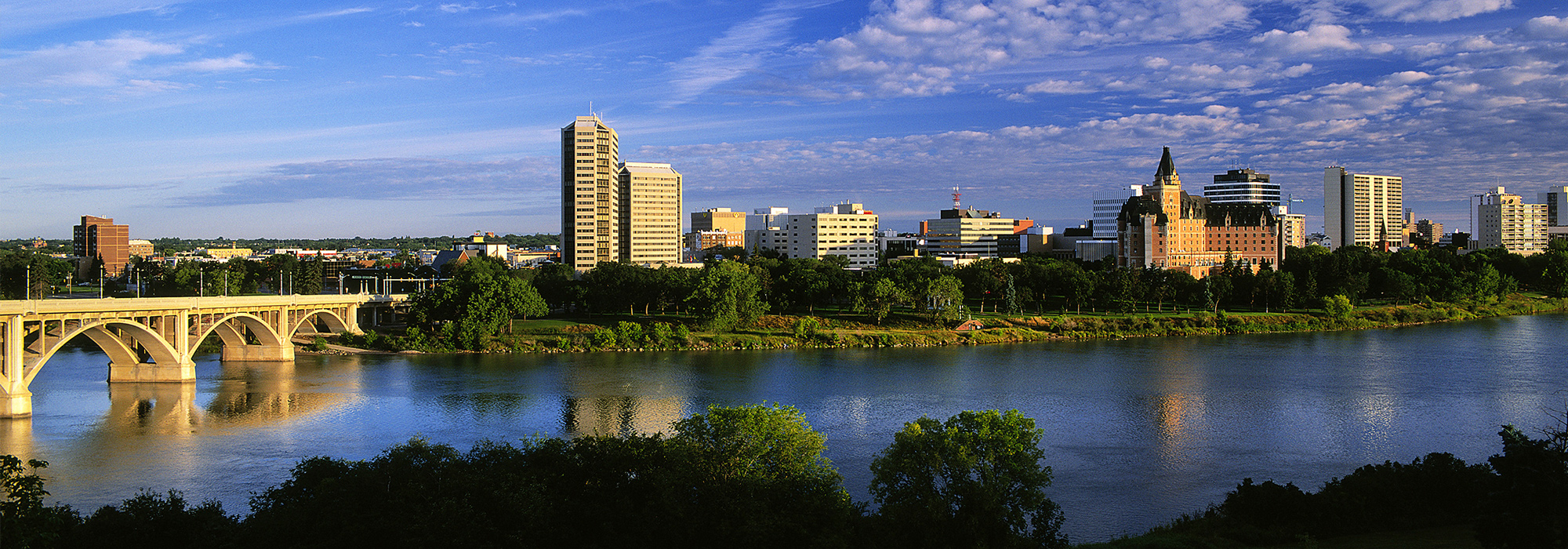
As usual, there’s been much on the plates of western Canada’s politicians and economists in 2011. Here’s a summary of the Top 10 most important political and economic stories that have dotted western Canada, in roughly chronological order:
- Saskatoon takes top honours in the country, forecast to have the fastest growing city economy in 2011 (according to the Conference Board of Canada), in the fastest growing province in western Canada in 2010. Saskatoon also has the fastest growing and youngest population of any major Census Metro Area in the country. It’s a great story for a city and province that have too often taken the back seat to money-fuelled Alberta!
- Christy Clark wins Liberal leadership contest in February, and in March becomes the 35th premier of British Columbia. It’s not the first time the west coast province has had a female premier, nor is it the first time one premier has replaced another (Gordon Campbell) who had been the target of angry voters.
- British Columbians vote on the Harmonized Sales Tax, one of the promises of the Liberal government and made good on by Premier Clark. Voters were angry about the political process and the botched job the government made in introducing the HST in 2010. Through a mail-in referendum ballot that spanned the summer, BC voters ignored economists’ recommendations that favoured the HST and gave it the thumbs down. The BC government now has the unpleasant task of having to undo some very smart economic policy.
- Riots in Vancouver follow Game 7 of the Stanley Cup final, in which the Vancouver Canucks lose the cup to Boston. The booze-fuelled mayhem resulted in millions of dollars of damage to Vancouver’s downtown, and put the police and City Hall on the defensive for how they managed (or more precisely, didn’t manage) the riot.
- Calgary gets a visit by Prince William and his new bride, Kate. While it was the last leg on a Canadian tour that saw stops in Ottawa, Quebec, PEI and Yellowknife, the royal couple took the Calgary Stampede by storm when they donned white cowboy hats and jeans — and made the whole western get-up look decidedly cool. Tourism Calgary estimates the long-term benefit of the royal visit at $50 million in free publicity.
- NHL hockey returns to Winnipeg and turns the city on its head with elation. True North Sports and Entertainment hammered out the agreement which saw the financially strapped Atlanta Thrashers move to the Manitoba capital. Season tickets sold out in a matter of hours, and Winnipeg’s civic ego — bruised when the Jets left 15 years ago — was given a huge boost. Not bad for their economy, either!
- Alison Redford wins the leadership contest of the Progressive Conservative Party and becomes the 14th premier of Alberta. The PC party looked set to elect Gary Mar as its leader; he won 41 percent support on the first ballot, but because it was still less than half, the campaign went to a second ballot three weeks later. Redford ended up coming out on top, proving once again that campaigns do matter.
- The Canadian Wheat Board will apparently be eliminated as the single-desk buyer and marketer of western Canada’s wheat and barley. The 76-year-old institution has been in the crosshairs of the Harper Conservatives for years, and now that the government has a majority in the House of Commons it made good on an election promise to kill the monopoly powers of the board. Farmers on the Prairies remain bitterly divided on the issue, and the news of Ottawa’s intentions was met with both joy and rage. Winnipeg, which houses the CWB head office, stands to lose the most.
- Brad Wall wins a landslide election in Saskatchewan, returning a second consecutive majority government to the legislature. Wall’s small “c” conservative party captured 49 of 58 seats in the province and won a whopping 64 percent of the popular vote, the largest in Saskatchewan’s history. With the provincial economy in the best shape in its history, few people were surprised at the result.
- The Keystone XL pipeline gets the smack-down — at least for now. In November, the US State Department slammed the brakes on the $7-billion pipeline project by ordering TransCanada to take it back to the drawing board and find a different route. The pipeline, intended to ship Alberta’s bitumen to refineries and upgraders in the US Gulf Coast states, could ultimately be cancelled if the time delay and new route render the project uneconomic. Premier Redford, however, still remains hopeful the project will proceed.









